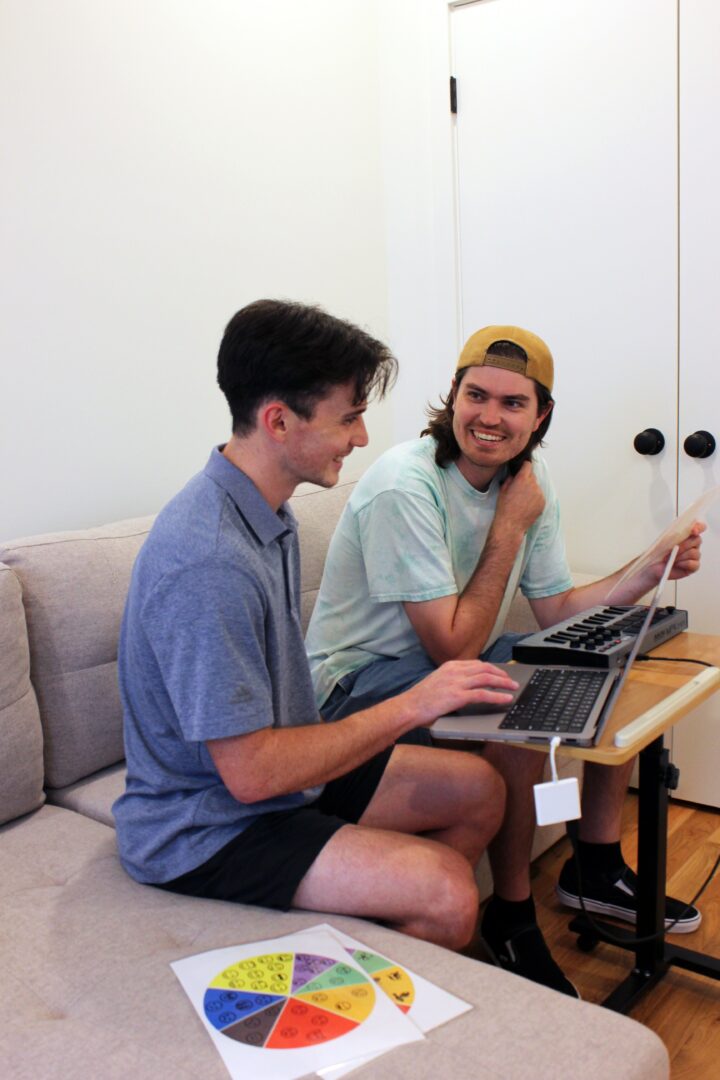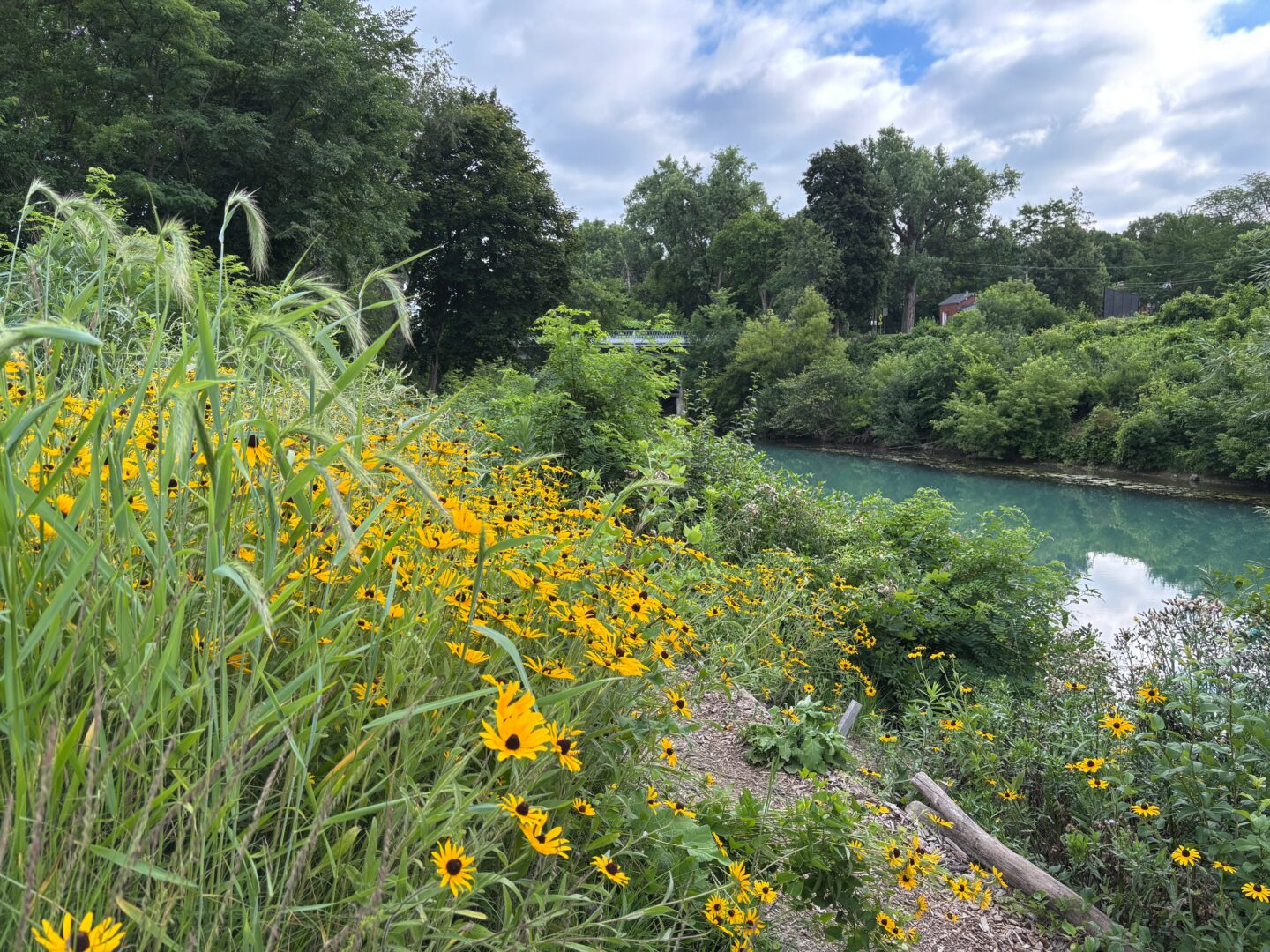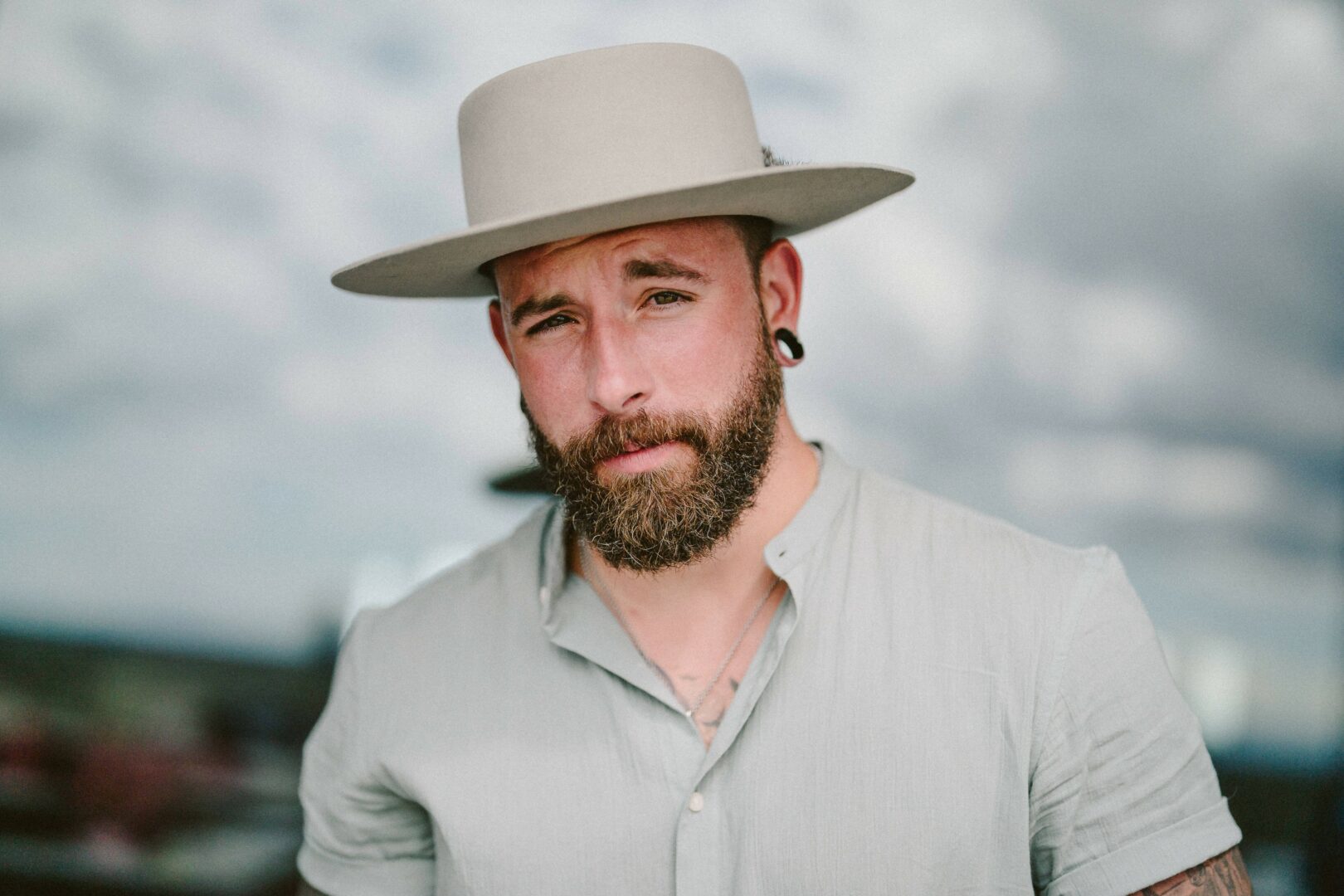Alright – so today we’ve got the honor of introducing you to Noah Perales. We think you’ll enjoy our conversation, we’ve shared it below.
Noah, so good to have you with us today. We’ve got so much planned, so let’s jump right into it. We live in such a diverse world, and in many ways the world is getting better and more understanding but it’s far from perfect. There are so many times where folks find themselves in rooms or situations where they are the only ones that look like them – that might mean being the only woman of color in the room or the only person who grew up in a certain environment etc. Can you talk to us about how you’ve managed to thrive even in situations where you were the only one in the room?
Being unique or different is as useful as you make it. I never look at diversity as a deficit, but an opportunity to expand perspectives. Every individual has their own experiences, memories, skills, and knowledge. Often, there are patterns between these factors and how we look due culture/heredity (however this is not a fixed relationship). Inviting visual diversification often enriches the idealogical pot by opening the door to novel insights. When you are the individual bringing those insights, it’s good to remember this is an asset. In my journey, age, ethnicity, and gender have set me apart. I am a 26 year old, hispanic (Puerto Rican), male, working and running a business in the healthcare/therapy field. It can feel uneasy when you don’t appear as people expect, but fitting the mold is an outdated comfort. Remember what you bring to the table, focus on learning, and foster your relationships along the way.
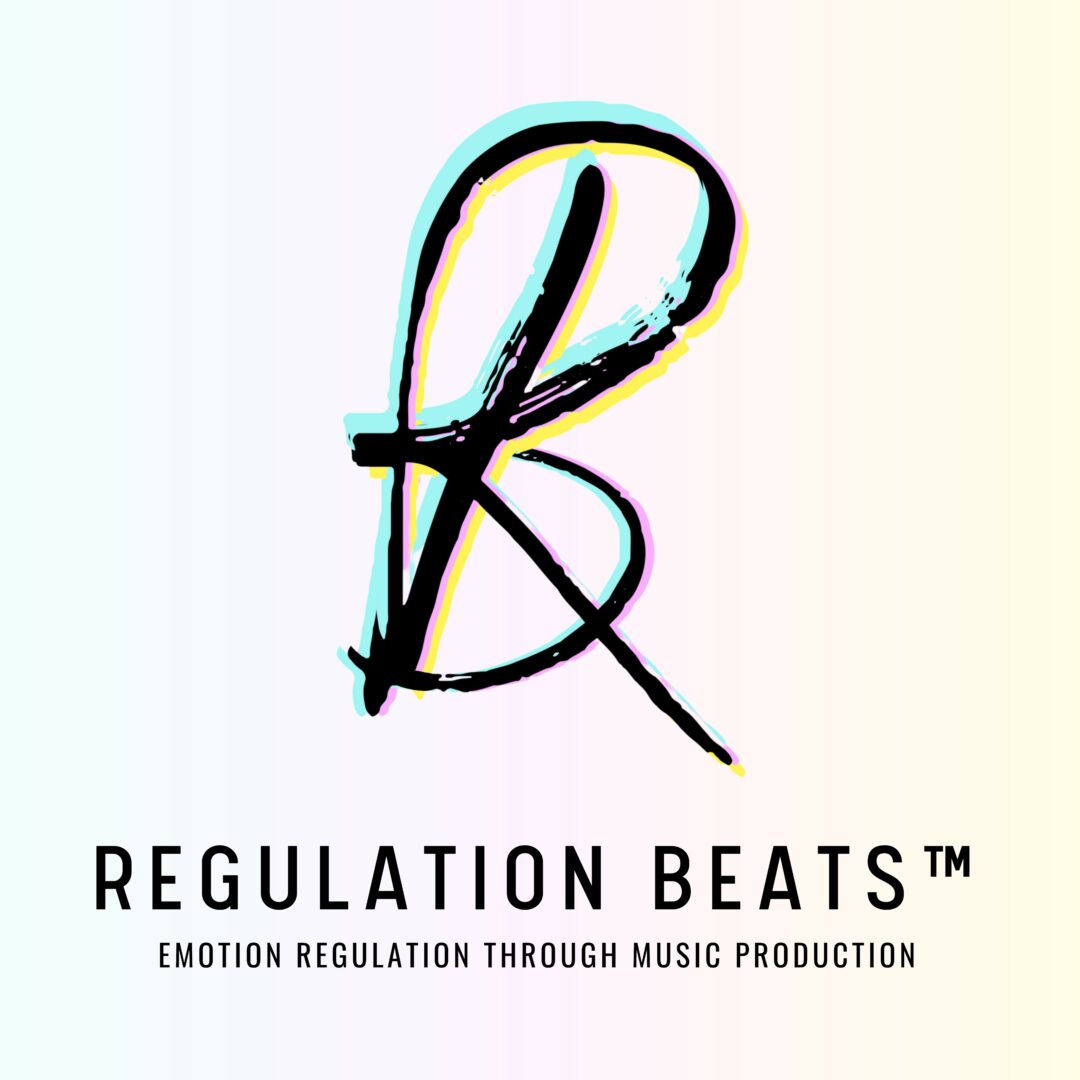
Let’s take a small detour – maybe you can share a bit about yourself before we dive back into some of the other questions we had for you?
Regulation Beats™ is an emotion/sensory regulation program that uses music making activities to build coping skills and emotional intelligence. It is designed for people across the lifespan, with a variety of abilities. Participants create full songs, analyze sounds, collaborate, write lyrics, and record audio in a structured format to exercise communication, empathy, executive functioning, mindfulness, self-awareness, and more. Although these processes are backed by technical ideas, sessions are very natural and intuitive. We have all been affected by music/sound in significant ways and Regulation Beats™ taps into that human response to help people feel better and make more responsible decisions. Currently, I am integrating this program into Siskin Children’s Institute’s therapy department in Chattanooga, Tennessee. The new service will be called, “Emotion Regulation Therapy”. Kids who qualify for Occupational Therapy can access treatment alongside traditional OT, Speech, and Behavior Therapies.

If you had to pick three qualities that are most important to develop, which three would you say matter most?
1. Open-mindedness: “You may be just one piece of information away from changing your mind”. This mantra helps remind me that our perspectives as humans are very limited. We respond to familiar systems around us in a way that encourages a favorable outcome, often by guessing, predicting, or simply repeating. This way of operating can be very efficient, but can come at the cost of perspective. Respecting, but challenging my patterns and assumptions has helped me connect with clients as a therapist and persist as a business owner.
2. Sensory Processing: In Occupational Therapy we study the body’s sensory systems to treat dysfunction and dysregulation. Deficits in these areas can lead to incoordination, excessive or suppressed energy levels, limited dietary preferences, incontinence, and challenges with emotional control. They are rooted in the brain and/or body’s ability to interpret and process touch, taste, pressure/stretching, internal somatic activity, tilting/spinning, smell, sight, and hearing. Understanding human sensory processing has allowed me to create interventions that effectively use sound to influence the mind. Is it incredibly useful information for therapy, mixing, and production.
3. Building Interpersonal Connection: I was just talking to a friend (who is also a business owner) about the testing experience of cold calling. Although this may not be relatable for everyone, we agreed it to be a significantly ineffective and unenjoyable process. Most of our progression had been facilitated by the interpersonal connections we made with co-workers, friends, colleagues, peers, and strangers. My oldest consistent client, Downside Up Inc., heard about me through word of mouth. My first newspaper feature was initiated through the marketing manager from my outpatient Occupational Therapy Assistant job. My first radio appearance was facilitated through small talk at my first TV appearance. These opportunities would not have come to fruition if it had not been for my ability to talk about what I do and love to anyone.
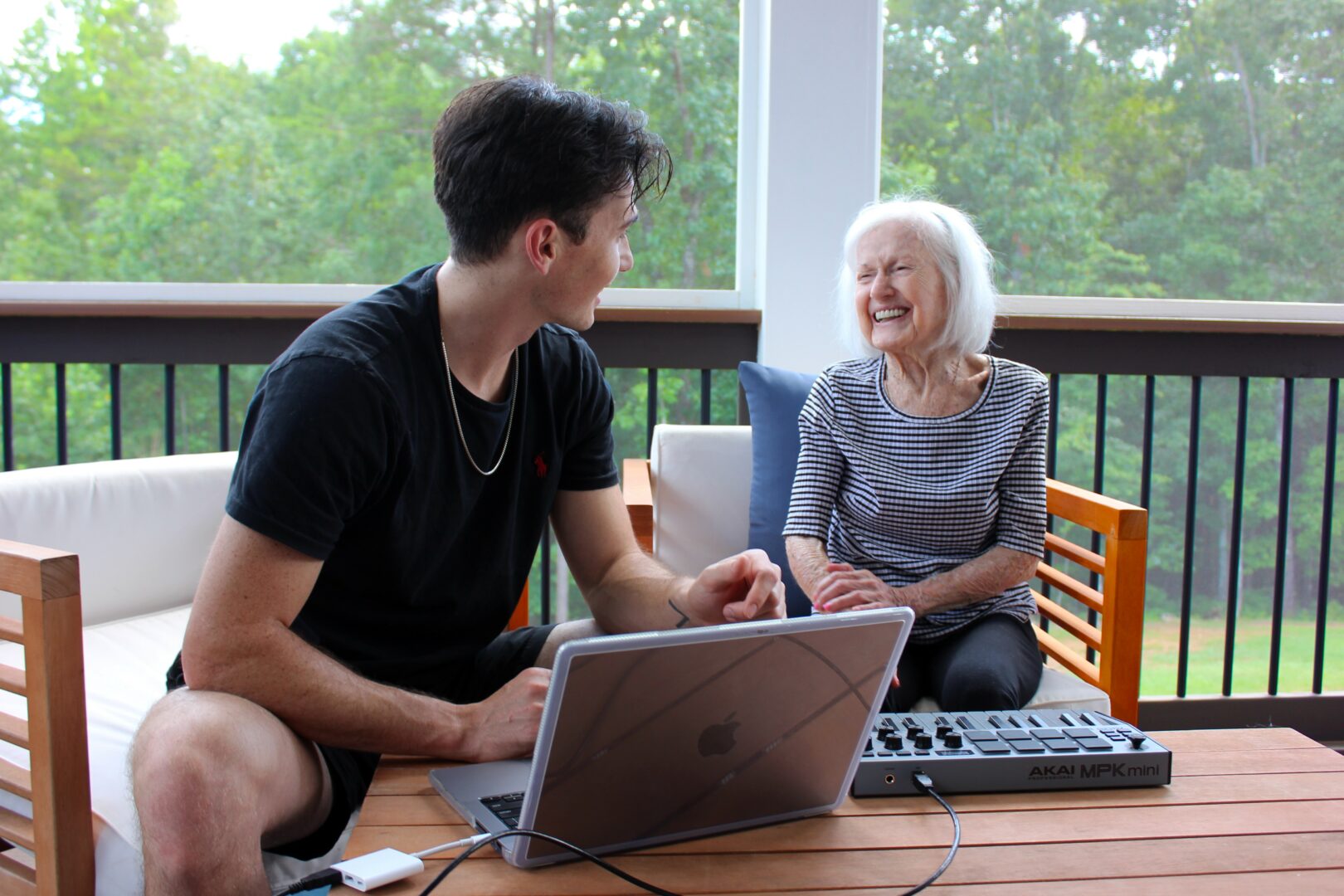
How can folks who want to work with you connect?
YES! I am wide open to any and all collaboration types. These include:
-Business or individuals interested in direct treatment/education/consultations
-Psychological/healthcare/therapy related researchers interested in running a study
-Mental health businesses interested in pop-ups/partnerships/promotions
-News outlet looking to spread the word
You can reach me, Noah Perales with Regulation Beats™, by:
Phone: (210)781-1685
Email: [email protected]
Instagram: @regulationbeats
Facebook: Regulation Beats, LLC
LinkedIn: Noah Perales, Regulation Beats
Contact Info:
- Instagram: https://www.instagram.com/regulationbeats/
- Facebook: https://www.facebook.com/profile.php?id=61555849176778
- Linkedin: https://www.linkedin.com/in/regulationbeats
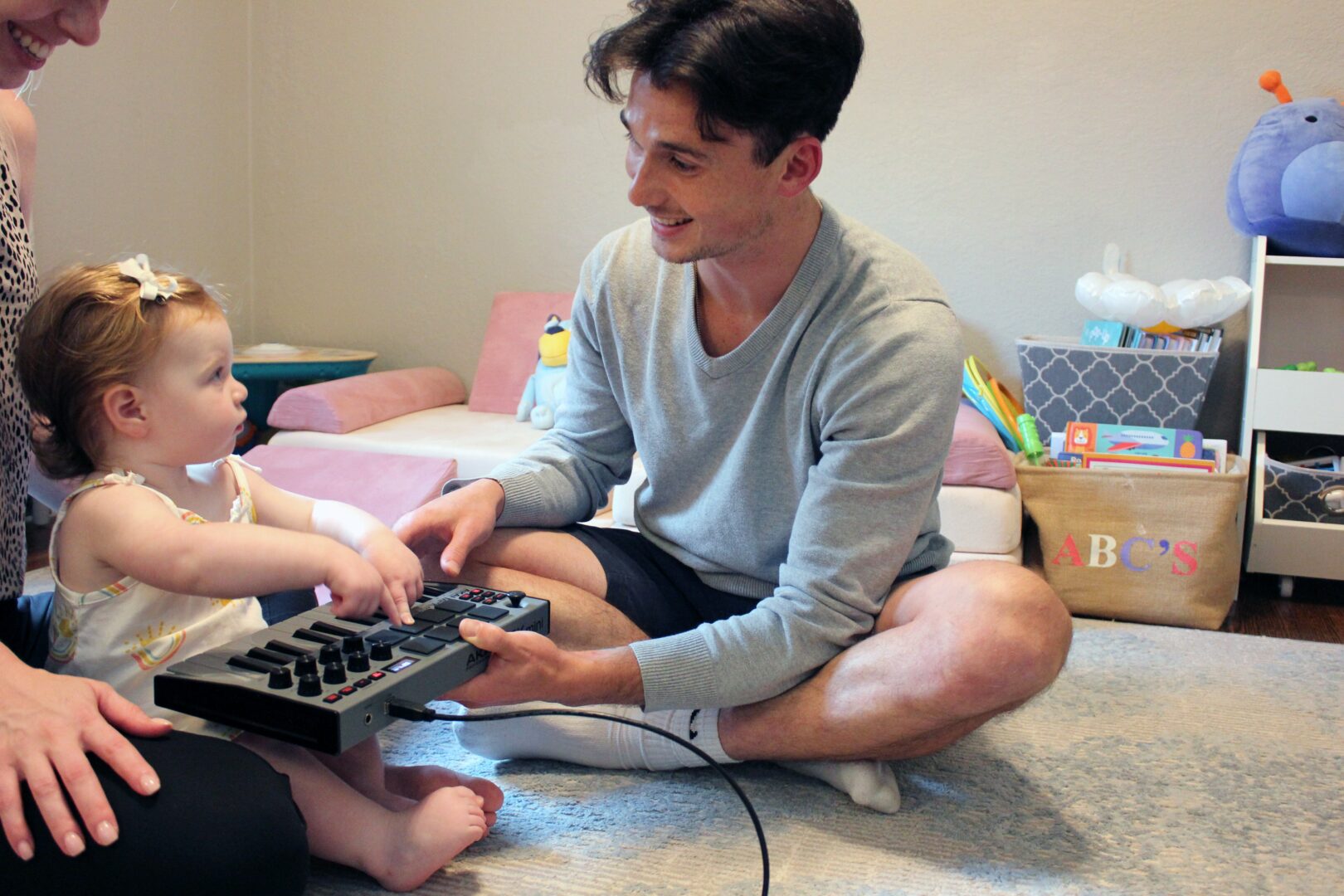
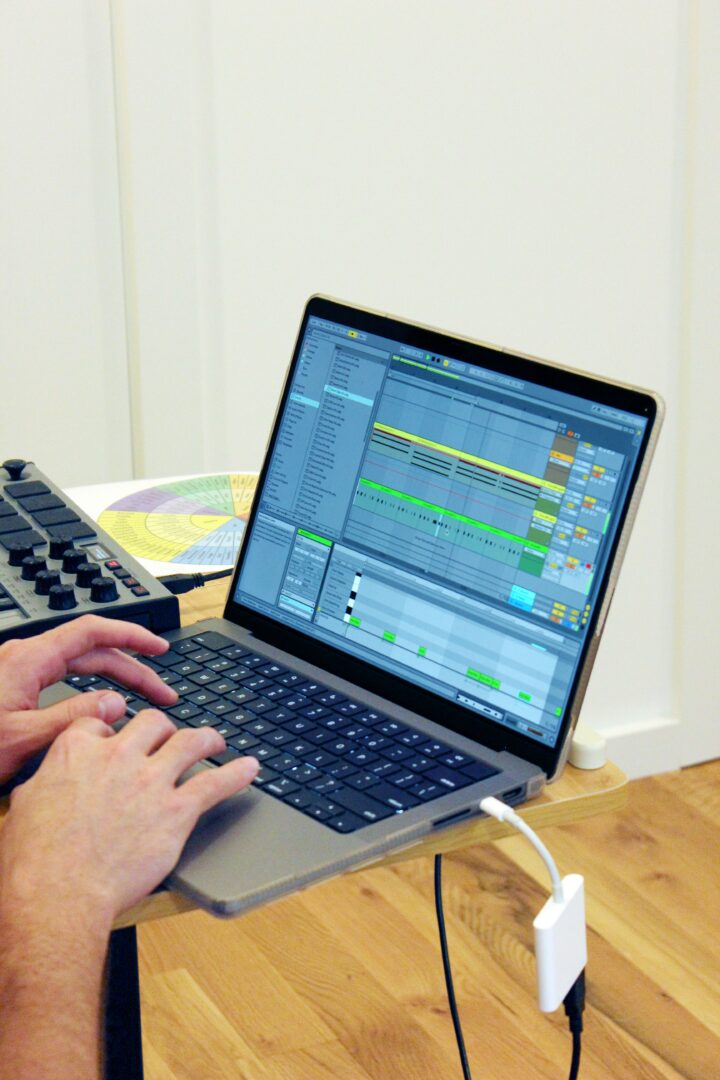
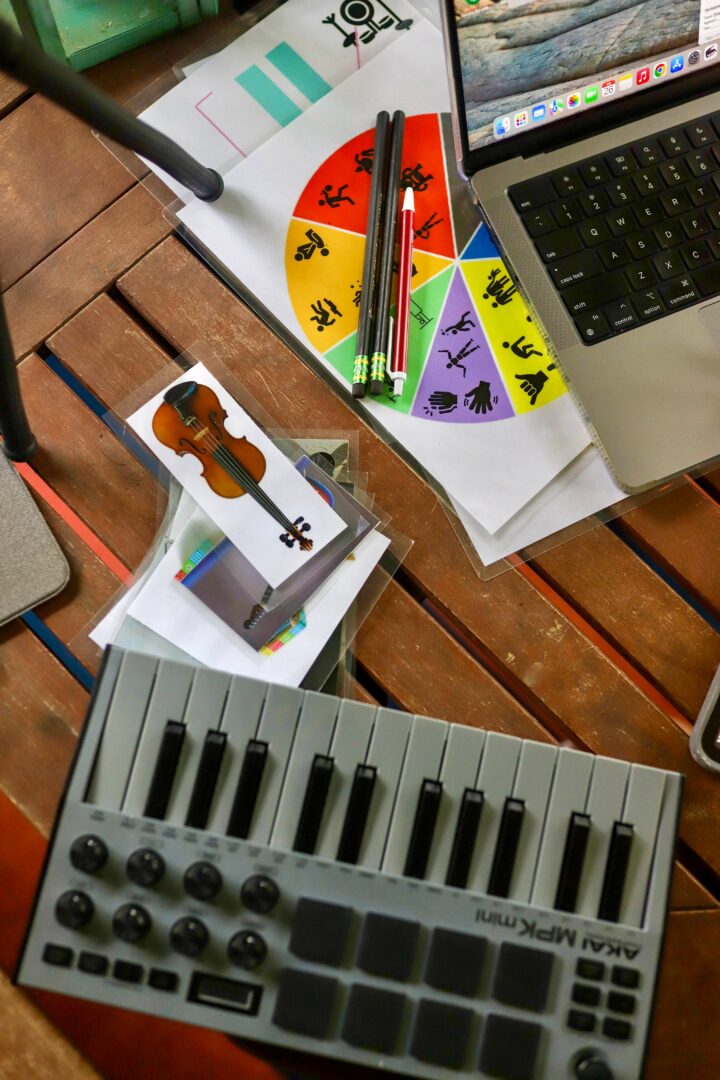
Image Credits
Olivia Ross
Hannah Shaul
so if you or someone you know deserves recognition please let us know here.

